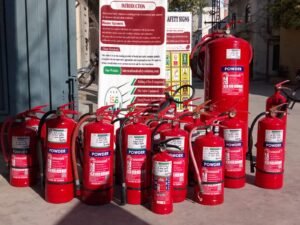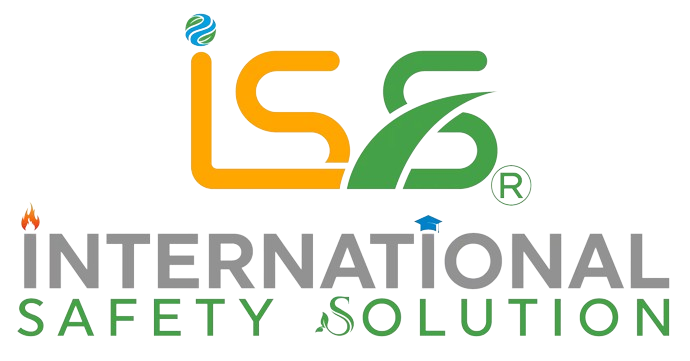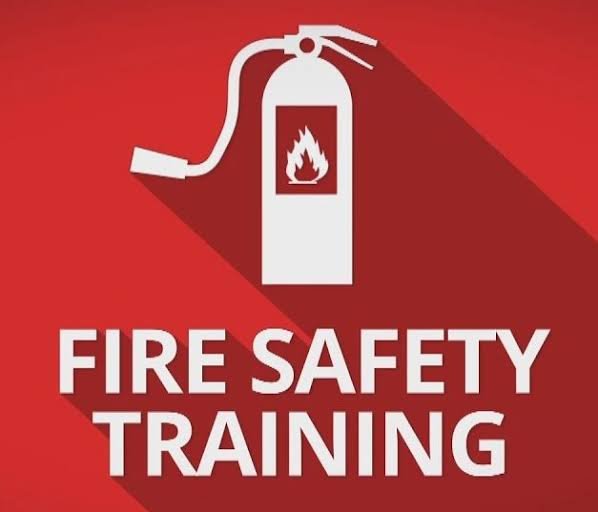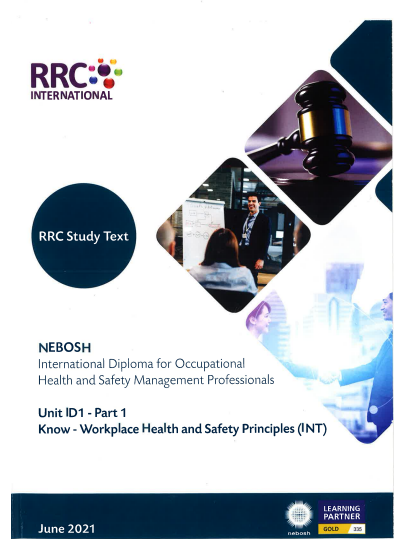Introduction
In a world where safety is paramount, the importance of properly maintaining fire extinguishers cannot be overstated. Fire extinguishers are a crucial component of any comprehensive fire safety plan, and their effectiveness relies heavily on regular inspections, maintenance, and, when necessary, refilling. This blog explores international safety solutions for the refilling of fire extinguishers, emphasizing the significance of adhering to best practices to ensure the reliability of these life-saving devices.
The Importance of Fire Extinguisher Maintenance:
Fire extinguishers are often the first line of defense when a fire breaks out. However, their reliability diminishes over time, making routine maintenance and refilling essential. International safety standards, such as those set by organizations like the National Fire Protection Association (NFPA) and the International Organization for Standardization (ISO), outline guidelines to guarantee the proper functioning of fire extinguishers.

Best Practices for Refilling Fire Extinguishers:
- Regular Inspections:
Conduct regular visual inspections of fire extinguishers to ensure they are in good condition. Check for visible damage, pressure gauge readings, and any signs of wear or corrosion. If any issues are identified, address them promptly. - Professional Refilling:
Refilling fire extinguishers should always be performed by trained and certified professionals. The process involves emptying the extinguisher, checking for damage or wear, and then refilling it with the appropriate extinguishing agent according to the manufacturer’s specifications. - Follow Manufacturer Guidelines:
Adhere strictly to the manufacturer’s guidelines for refilling fire extinguishers. Different types of extinguishers require specific extinguishing agents, and using the wrong substance can render the extinguisher ineffective or even dangerous. - Hydrostatic Testing:
Some fire extinguishers, particularly those with pressurized cylinders, require periodic hydrostatic testing to ensure the integrity of the cylinder. This testing should only be performed by qualified technicians using specialized equipment. - Documented Procedures:
Maintain detailed records of all fire extinguisher inspections, maintenance, and refilling activities. This documentation not only ensures compliance with safety regulations but also provides a historical record of the extinguisher’s maintenance history. - Employee Training:
Educate employees on the proper use of fire extinguishers and the importance of reporting any damaged or malfunctioning units. This proactive approach empowers individuals to contribute to a safer working environment. - Global Standards Compliance:
Ensure that all refilling procedures align with international safety standards. This not only improves the overall effectiveness of fire safety measures but also facilitates seamless collaboration and understanding across borders.

Conclusion:
Refilling fire extinguishers is a critical aspect of maintaining a robust fire safety infrastructure, and its importance is universal. By following best practices, adhering to international safety standards, and emphasizing the significance of regular inspections, we can create a global culture of safety that protects lives and property. Let us all contribute to a safer world by taking the necessary steps to ensure the reliability and effectiveness of our fire extinguishers.



